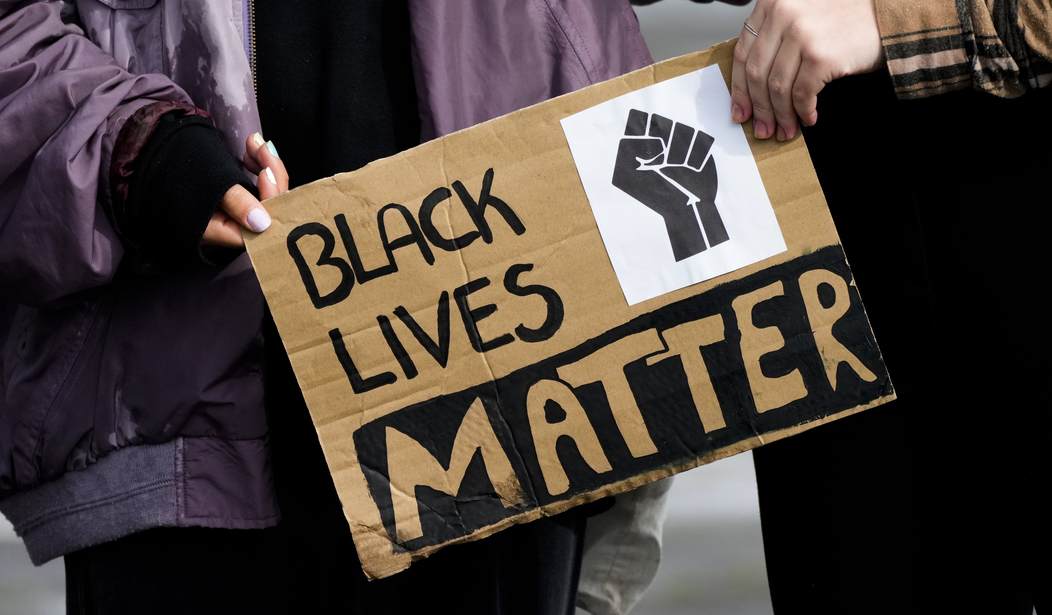The city of San Francisco is debating the issue of reparations for former slaves. Not surprisingly, the farther along the debate gets, the further down the rabbit hole they go.
It’s a surreal exercise, as bizarre as any Salvador Dali painting or Harold Pinter play. As an example, Shamann Walton, president of the Board of Supervisors, who wrote the legislation authorizing the reparations task force in the city, says you can’t put a number on reparations.
“I don’t think you can put a figure to taking someone from their country, raping and pillaging their communities, not allowing them the chance to reproduce, not allowing them the chance to raise a family and grow wealth, making them work for free,” he said. “I don’t think there’s a number you can put on what that does to a specific ethnic group or a specific race over the generations to come.”
But…but…but…California was never a slave state!
It doesn’t matter.
“In San Francisco, black families were not allowed to be taught, but we still had to pay taxes for the education of white children. I would say that black neighborhoods and communities were created here in San Francisco without the benefit of representation. I would say that there were racial restrictions indoctrinated in city policy that said black people couldn’t buy or lease property.”
Walton believes that even though white people in California didn’t own slaves, there were still “direct benefits of slavery.”
“So they were direct benefits of slavery, which is why people who look like me… haven’t had the chance to achieve the same level of generational wealth and that has led to the gaps that exist for black folks here in San Francisco and quite frankly, black folks across the country,” he said.
It all comes down to racial guilt — condemning an entire race of people for actions of those who may or may not have been ancestors of those currently living.
Get a load of some of the other proposals that would allow black San Francisco residents to “build wealth.”
And that’s without considering some of the other proposals included in the report, such as that the city supplement lower-earning recipients’ incomes to meet the area median income (AMI) of about $97,000, for at least 250 years. Another recommendation was to create “a comprehensive debt forgiveness program” for black residents to cancel student loans, housing loans, and credit-card debt in an effort to give “Black households an opportunity to build wealth.”
So black people in San Francisco who were denied opportunities to build wealth because of racism will now be able to build wealth by taking it from white people by using… you guessed it, racism.
The thorniest issue of all is the question of who would be eligible for these goodies.
The advisory committee released a draft report last month proposing the city make a lump sum payment of $5 million to black residents who are at least 18 and have identified as black or African American on public documents for at least ten years. Residents must also meet at least two of eight other requirements. Among those requirements is that the resident is “personally, or the direct descendant of someone, incarcerated by the failed War on Drugs” or is a “Descendant of someone enslaved through US chattel slavery before 1865.”
Some blacks who have tried to pass as white for most of their lives, like Jessica Krug and Rachel Dolezal, might, indeed, be eligible for that $5 million paycheck, although I would hope someone would put their foot down and prevent such an abomination.
But proving that someone has an ancestor who was held in slavery is a fraught exercise given the problem of using plantation records that were often incomplete or illegible. And what about including someone “incarcerated by the failed War on Drugs”? Someone’s going to get $5 million because their brother or father was dealing heroin or coke? Do they get reparations even if the incarcerated relative is in jail for murdering someone?
I agree with Mr. Walton. It’s impossible to put a number on all the evil that was done to black people. But perhaps for each outrage by a white person perpetrated on a black person, a few drops of blood shed by a white Civil War soldier might be used to at least partially cleanse the slate. The story of slavery in America cannot be told by one side or one race using one perspective. It’s far too complex and full of exceptions that make reparations purely a political exercise by black politicians playing on the ignorant guilt of white politicians.










